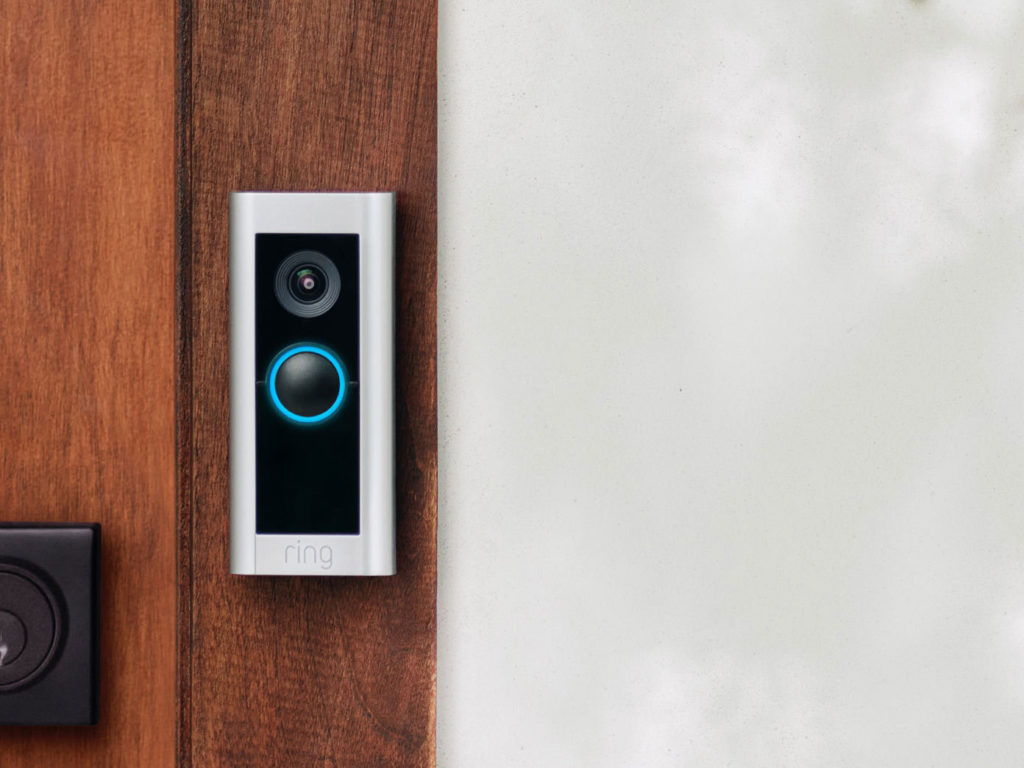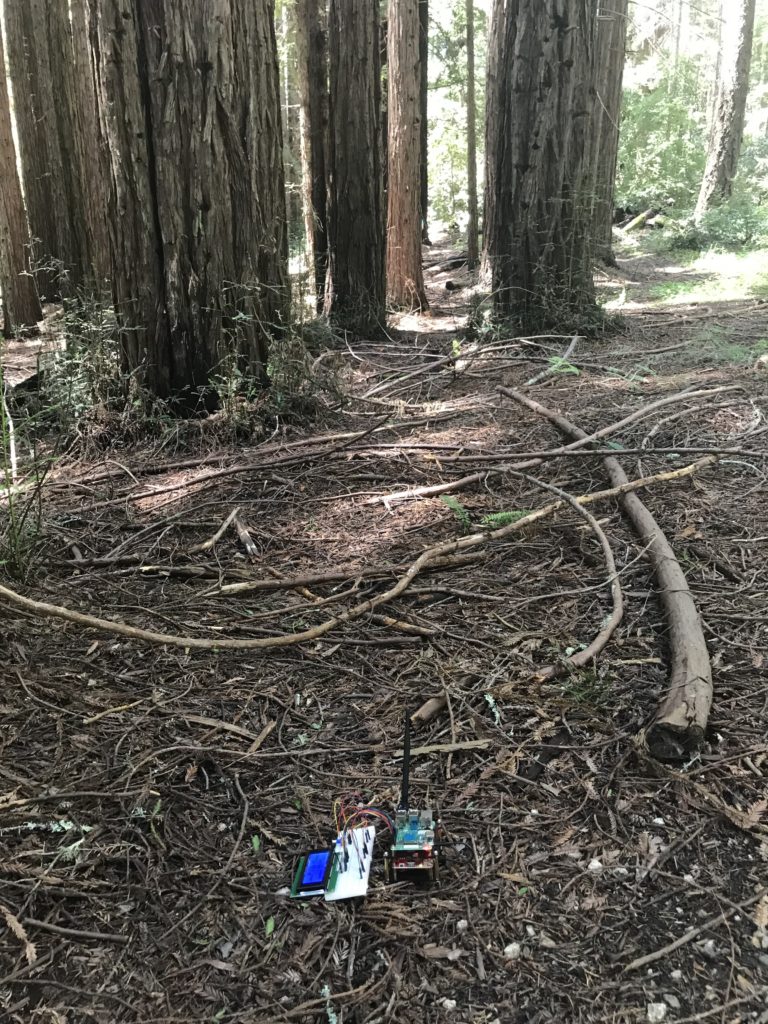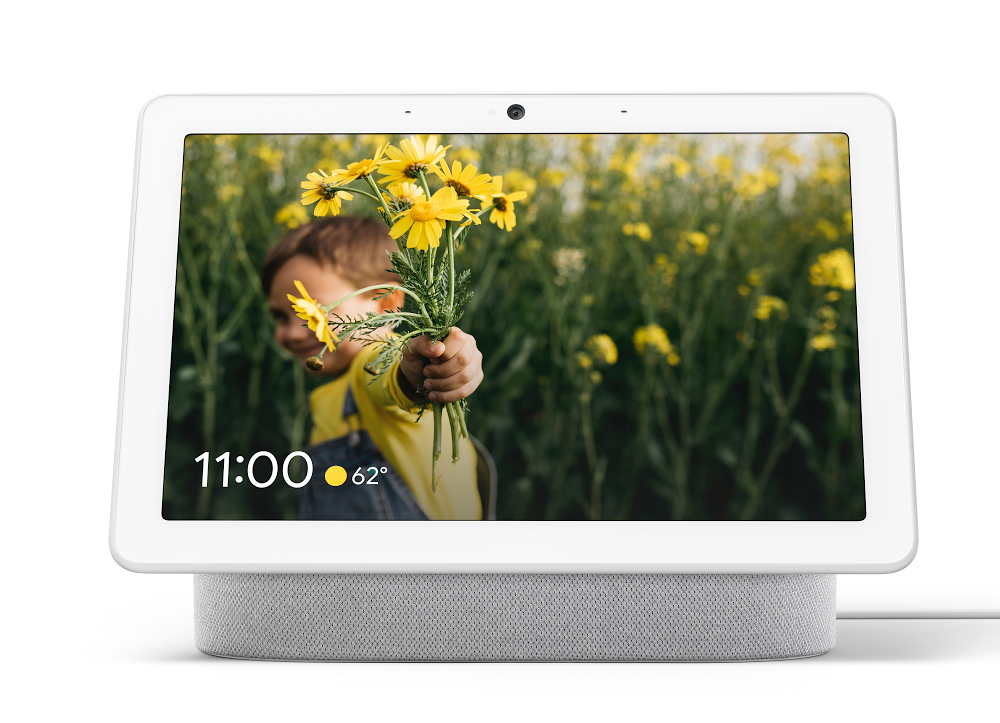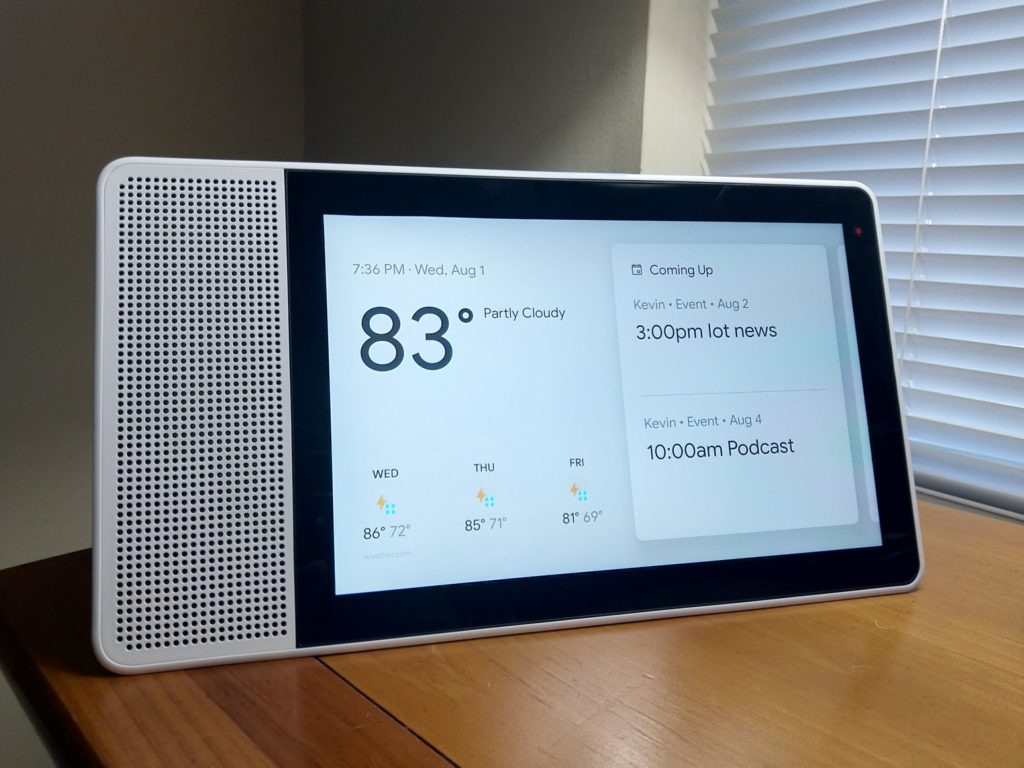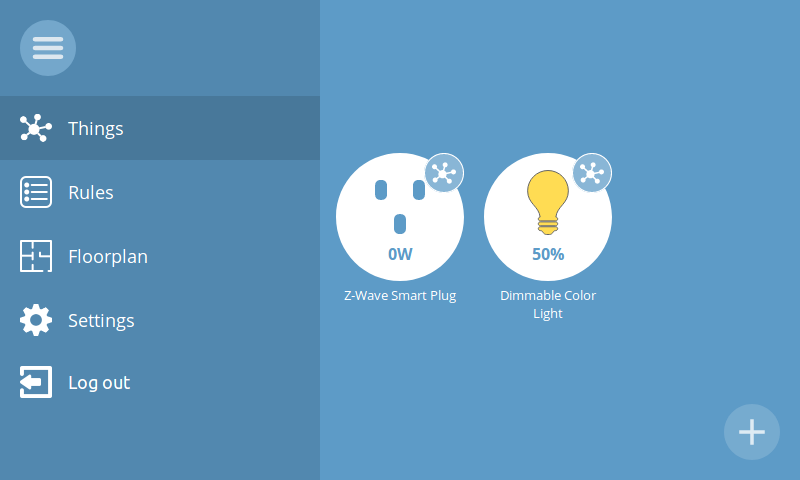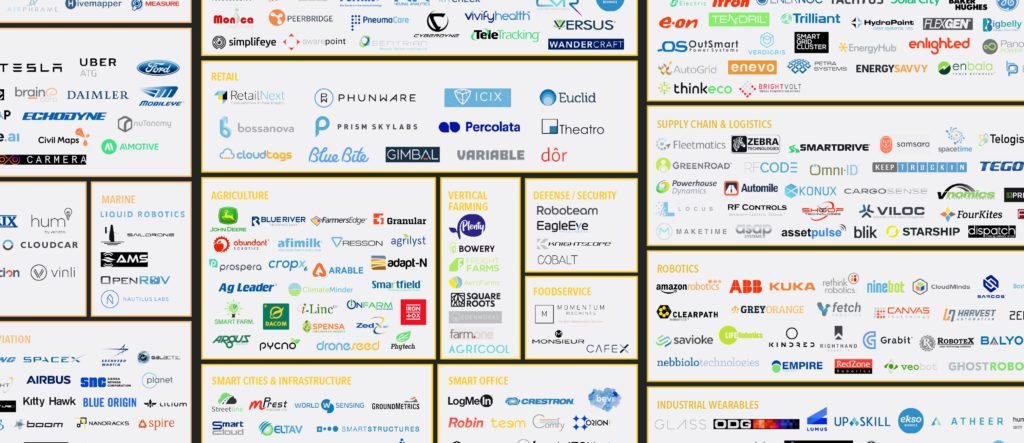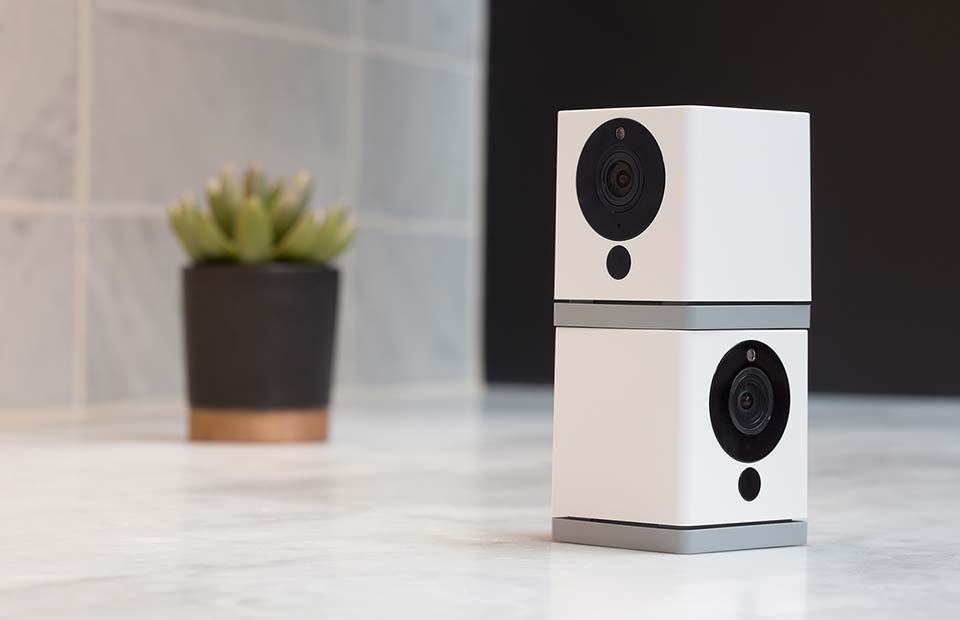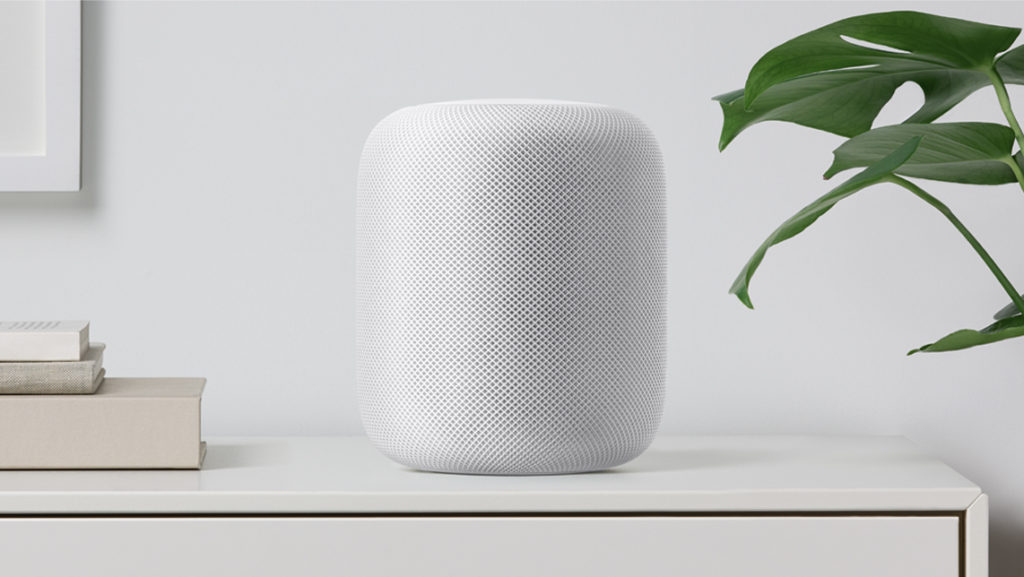It’s been a minute since we’ve discussed the metaverse, but this week we cover Siemens’ deal with Nvidia to create the metaverse for the industrial IoT. It’s part of several announcements this week from Siemens that include an acquisition and a new product launch for smart buildings. We also dig into some Apple rumors about a new HomePod, whether or not you’ll want to use the iPad as a home hub, and Kevin’s advice for folks trying to adopt HomeKit. Then we ask if you want to pay for a subscription to Insteon’s cloud and explore how the ADT partnership with Google is working. From there we talk talk about the new Raspberry Pi Pico W device with Wi-Fi. For $6, they are a steal. In smaller news, we talk about wireless power research and new sounds that help your Nest doorbell celebrate the Fourth of July. We also answer a listener question about automating his water heater.
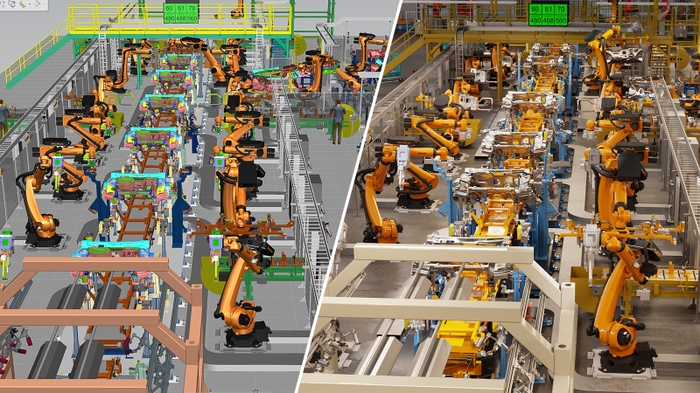
Our guest this week is Alok Bhanot, the CTO of ParkourSC, a company trying to create digital twins for the supply chain. We discuss the current state of the supply chain and why we’re moving into what Bhanot calls supply chain 2.0. He explains how companies are going beyond merely tracking their products and instead are trying to predict problem areas in advance and automate their response to those problems. This takes sensors and connected devices, but it also takes deep integration across the entire logistics, transportation and product ecosystem. We also explain how these solutions can’t predict everything, but for many companies, the goal is to optimize for easing the delivery of the most important things. We also discuss why ParkourSC decided to stop making its own hardware.
Hosts: Stacey Higginbotham and Kevin Tofel
Guest: Alok Bhanot, CTO of ParkourSC
Sponsors: Nordic Semiconductor and Wirepas
- Will the industrial IoT use the metaverse?
- Do you want a new HomePod or an iPad for HomeKit?
- There’s a new Raspberry Pi for the IoT.
- What the heck is supply chain 2.0?
- Why this startup decided to stop building sensors.
Podcast: Play in new window | Download | Embed
Subscribe: RSS

